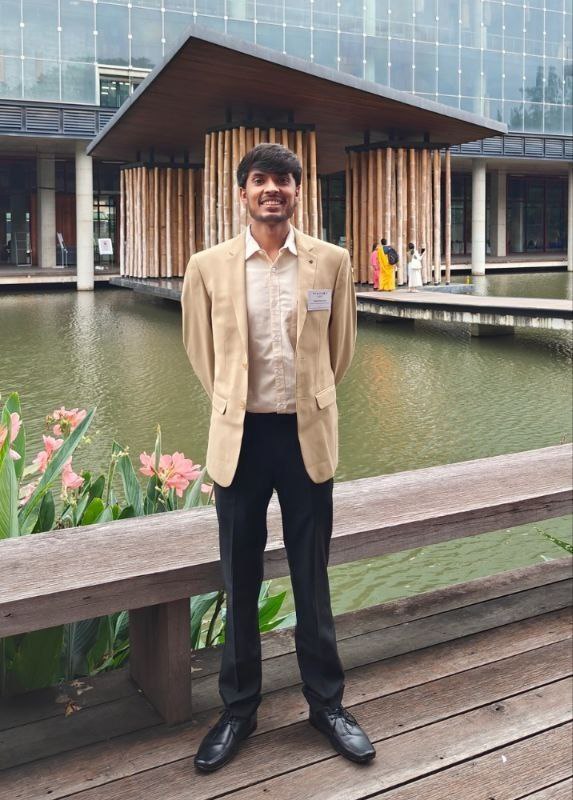Introduction:
The Hindu temple in Antananarivo, Madagascar, is more than just a place of worship; it’s a vibrant cultural hub that reflects the Indian diaspora’s deep connection to their heritage. Established over a century ago, this temple stands as a testament to the resilience and cultural pride of the Indo-Malagasy community.
Cultural Significance:
For the Indian diaspora in Madagascar, this temple plays a pivotal role in preserving religious practices and cultural traditions. Regular aartis, festivals, and community gatherings foster a sense of belonging, while ensuring that future generations remain connected to their roots.
Architecture and Traditions:
The architecture of the temple is inspired by traditional Indian styles, with intricate carvings and vibrant colors that transport devotees to their ancestral land. Inside, rituals and prayers take place daily, and during special occasions like Diwali and Navratri, the temple becomes a lively center of celebration.
Community Role:
Beyond its religious significance, the temple acts as a bridge between Madagascar and India, helping the Indo-Malagasy population stay connected to their cultural and spiritual identity. It also serves as a venue for social events, promoting unity among the Indian diaspora.
Visiting the Temple:
Open to all visitors, the Hindu temple in Antananarivo welcomes people of all faiths to experience its serene atmosphere and rich history. Whether you’re exploring the cultural heritage of Madagascar or seeking spiritual solace, this temple offers a peaceful retreat in the bustling capital.
Conclusion:
The Hindu temple in Antananarivo is a living symbol of the Indian diaspora’s enduring legacy in Madagascar. As a place of devotion, cultural preservation, and community gathering, it continues to play a vital role in the lives of Indo-Malagasy people.


Leave a Reply